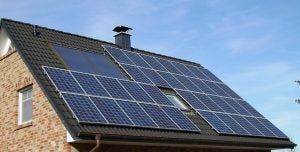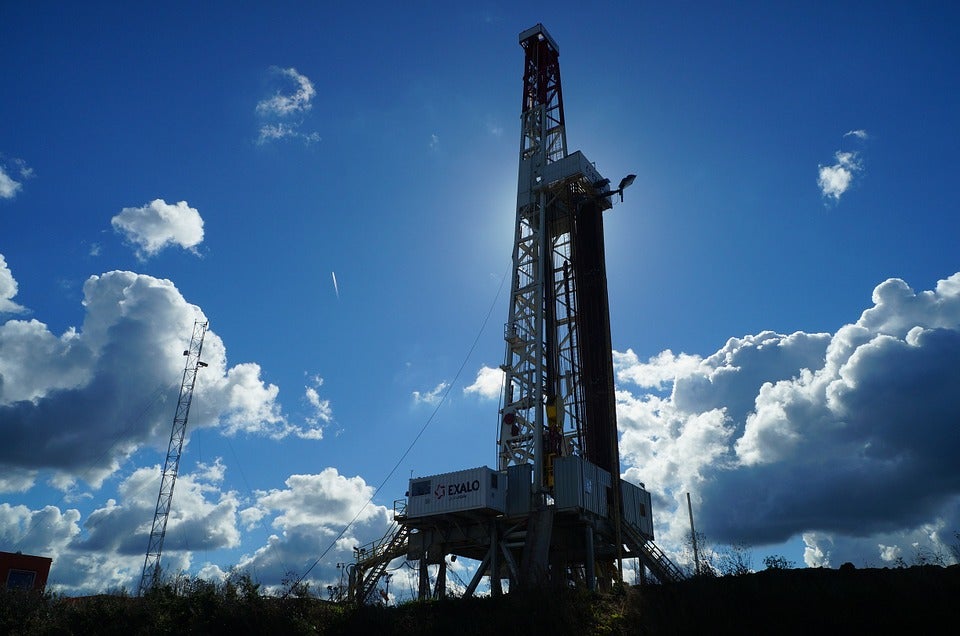 By Rebecca Goold, clean energy consultant
By Rebecca Goold, clean energy consultant
Last week, a federal judge protected Illinois’ Future Energy Jobs Act, which is expected to grow the state’s solar capacity to over 3,000 MW by 2030 – enough to power approximately half a million homes.
The expected influx in distributed resources like solar panels prompted the Illinois Commerce Commission (ICC) to set in motion NextGrid, an 18-month study focused on rethinking the roles of the utility, the customer, and energy solution providers in a 21st-century electric grid.
A large part of NextGrid involves advanced technologies like the smart inverter, a disruptive technology with the potential to improve grid reliability, create economic value for customers, and lower pollution. Read More
 More than a year and a half after the Aliso Canyon natural gas storage facility caused more than 100,000 tons of methane to leak into the atmosphere – amounting to be our nation’s largest-ever gas leak, California regulators continue to labor away at improving the rules that could prevent another gas storage disaster.
More than a year and a half after the Aliso Canyon natural gas storage facility caused more than 100,000 tons of methane to leak into the atmosphere – amounting to be our nation’s largest-ever gas leak, California regulators continue to labor away at improving the rules that could prevent another gas storage disaster. By Monica Kanojia, Consultant, U.S. Department of Energy
By Monica Kanojia, Consultant, U.S. Department of Energy
 By
By  President Trump’s administration dubbed last week “
President Trump’s administration dubbed last week “